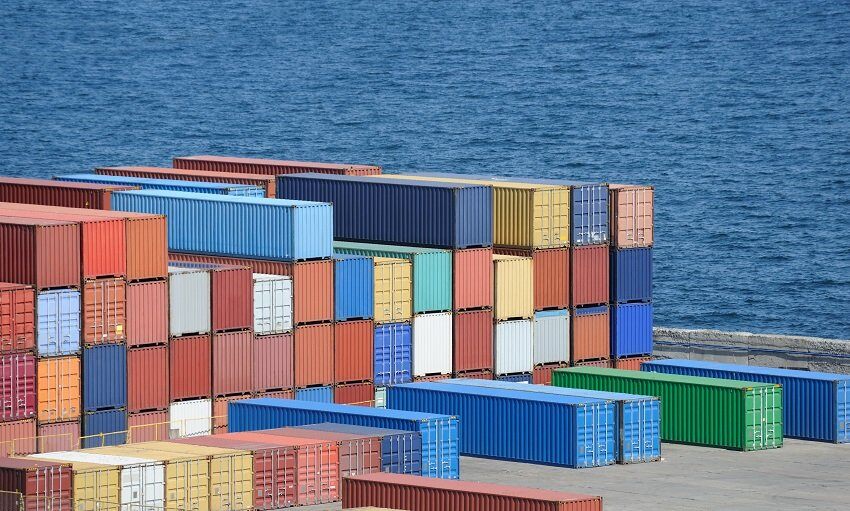
What is VGM?
Verified Gross Mass (VGM) is a measurement of weight that is used in the shipping industry to assure the safety and security of cargo containers. This measurement was developed in the 1970s. Before the cargo is put into the ship, it is the shipper’s job to provide the VGM to either the carrier or the terminal, regardless of whether it is an individual or a company that is doing the sending of the cargo. The VGM is an important piece of data that the carrier needs in order to assess the ship’s weight and balance, as well as to ensure that they are in compliance with international safety regulations.
VGM is obligatory as a precautionary safety measure to forestall maritime mishaps and protect both the cargo and the ship itself from being harmed. The shipping sector has been facing a problem with containers that are either overloaded or loaded incorrectly, which causes them to be overweight. Because of this, the ship could become unsteady, which would increase the risk of accidents and could also cause the cargo to be damaged. The shipping sector is able to lessen the likelihood of accidents and damages, as well as guarantee the delivery of cargo in a manner that is both secure and effective, by ensuring that the VGM is provided and is accurate.
The VGM is also essential for ensuring that one is in conformity with any applicable foreign regulations. In accordance with the regulations that have been set by the International Maritime Organization (IMO), the VGM must be submitted in advance of the cargo being loaded onto the ship. Infractions of these regulations can result in financial fines in addition to other types of sanctions.
Verified Gross Mass (VGM) is an abbreviation for Verified Gross Mass, which is a vital weight measurement that is used to guarantee the safety and security of cargo containers as well as to comply with international rules. The shipper is the one who is responsible for providing the VGM before the cargo is put onto the ship. This is done to ensure the safety of both the cargo and the ship, as well as to avoid any penalties.
